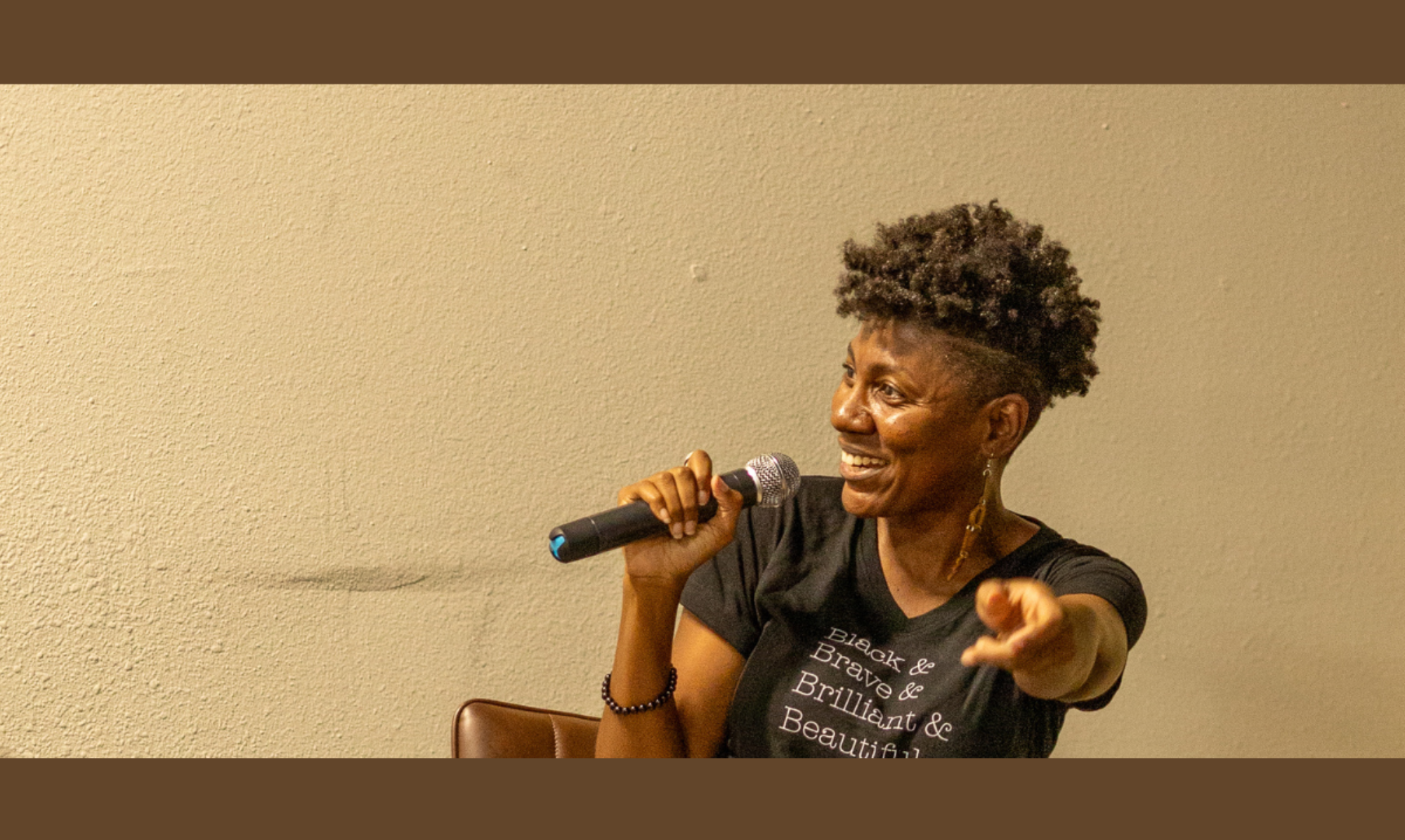One of the biggest components to any conversation about colorism is the reply: “Well you know colorism goes both ways.” Or: “Why don’t we talk about reverse colorism?” In this week’s live I share my analysis.
Watch, Listen, or Read More Below
1/3) How we define colorism matters.
How someone thinks of the term colorism determines how they answer this question. It’s common for people to think of colorism as a form of bullying or personal conflict. Folks who think of colorism as a matter of how individuals treat other individuals are very likely to say: Yes, colorism goes both ways.
However, that way of thinking about colorism is problematic because it ignores the reality of our culture’s color hierarchy. It ignores the reality of privilege, which is precisely what many people want us to ignore. In order to really solve the problem of colorism, we must shift the popular notion of colorism and come to understand colorism as a social hierarchy that places greater value on light skin and Eurocentric features and affords greater privilege to people according to where they fall on the color spectrum. That’s colorism.
Colorism is a social hierarchy that devalues dark skin and afro/indigenous features and thus positions people with darker skin at a social disadvantage.
Colorism is a social hierarchy based in the ideology that people with light skin and Eurocentric features are inherently better than people with dark skin and afro/indigenous features.
If a poor person steals a wealthy person’s wallet or car, that is “wrong,” but it’s not “reverse classism.”
Colorism, and other social systems, are not just about the negative experiences, they are just as much about the privileges people experience, including the privilege of obliviousness.
Any privileged person who wants to take their privilege out of the equation when talking about a problem is highly suspect.
If you’re looking for a speaker or facilitator for your next colorism event, learn about Dr. Sarah Webb’s colorism keynotes and workshops.
2/3) The Protest is Not the Problem: Distinguishing Symptom from Disease
We have to stop equating people’s reaction to a problem with the problem itself. Even if we don’t like the reaction, especially if we don’t like the reaction, we have to actually identify and address the problem.

One reason there is so much distrust from dark-skinned people is that we have heard so many light skinned people complain about the symptoms of colorism but have only heard crickets from those people when it comes time to talk about the disease that’s causing those symptoms.
It’s no different from white people who are offended by Colin Kaepernick taking a knee but they are not offended by cops killing unarmed Black people. All that energy you’re putting into complaining about the protest, keep that same energy when it comes time to fix the problem that requires protesting in the first place. If you don’t want me to protest, then actively work to fix the problem I’m protesting.
I don’t want to hear critiques about how we respond to oppression from people who offer no critiques of the oppression itself. If you complain about my reaction to an oppressive system, but offer no complaint or effort to undue that oppressive system itself, you are actively participating in my oppression. There’s no Switzerland. There’s no neutrality. You’re either on the side of the oppressors or you’re in the trenches trying to overthrow that oppression.
Resentment toward light-skinned people is a symptom of colorism, not colorism itself. Distrusting light-skinned people is a response to colorism, not colorism itself. Girls might chase you home after school, not because you’re light skinned, but because they resent how your light skin gives you privilege that they don’t have. They are angry that light skin is weaponized by society and sometimes, many times by light-skinned people themselves, to invalidate or further marginalize them. They may not be able to articulate this.
I work with DS people to find better ways of responding to and coping with colorism, so I’m not condoning animosity toward light-skinned people. But that’s not an excuse to ignore or double down on your privilege as a light-skinned person.

3/3) Are we suggesting that Dark Skin as inherently superior?
Colorism tells the lie that light skin is inherently better than dark skin. When dark-skinned people react or respond to colorism, it’s not inverting that idea to say dark skin is inherently better than light skin.
Dark-skinned people were excluded because of the belief that light skin is inherently better. So when dark-skinned people create dark-skin-only initiatives, it’s not based on the idea that dark skin is inherently better but because of the ongoing legacy of excluding dark-skinned people from most other spaces.
The light-skinned people who understand Affirmative Action, can’t pretend not to understand the need to focus on dark-skinned women specifically. Saying, we’re not casting light-skinned women is not because we think light-skinned women are inferior but because we’re trying to level the playing field in a world where light-skinned women get a disproportionate amount of the opportunities compared to dark-skinned counterparts.
When dark-skinned people express their anger or resentment about colorism by being mean to light-skinned people, it’s not based in the belief that light skin is inherently inferior or that dark skin is inherently superior. It’s a response to the pervasive belief and consequences of the opposite.
Colorism is: I am being mean to this dark-skinned person because I think dark skin is inferior or ugly and that light skin is inherently better.
A Reaction to Colorism is: I’m being mean to a light-skinned person because society has placed them in a superior position and insisted that they are inherently better because of their skin tone. It’s not right, but it’s also not colorism.


